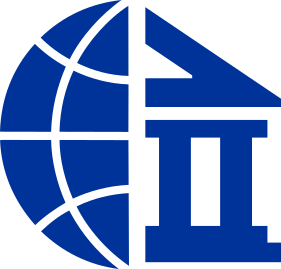International Trade Organization (Kylaris): Difference between revisions
No edit summary |
No edit summary |
||
| Line 3: | Line 3: | ||
<!--PLEASE DO NOT ADD OTHER LANGUAGES--> | <!--PLEASE DO NOT ADD OTHER LANGUAGES--> | ||
| image = itologo.png | | image = itologo.png | ||
| caption = Official logo of ITO | | caption = Official logo of the ITO | ||
| map = | | map = | ||
| mcaption = | | mcaption = | ||
Revision as of 21:00, 7 January 2020
 Official logo of the ITO | |
| Formation | 1 January 1995 |
|---|---|
| Purpose | To encourage and regulate international trade |
| Headquarters | Spálgleann, Caldia |
Official language | Estmerish Gaullican |
Director | |
Budget | 209 million Euclo |
Staff | 650 |
| Website | ito |
The International Trade Organization (ITO) is an intergovernmental organization which promotes and regulates international trade. Its primary goal is the multilateral reduction of barriers to trade, especially in the form of quotas and tariffs, and the establishment of uniform rules designed to make global trade free and fair. The ITO officially commenced on 1 January 1995 under the City Agreement signed on 15 April 1994, replacing the World Agreement for Trade (WAT), which commenced in 1938.
The ITO takes major decisions at its International Trade Conference held every two years, at which national ministers of finance meet to determine what actions should be taken to further encourage the development of trade. Day-to-day governance is the responsibility of the Director of the ITO, currently Montecaran politician Dominica Giordàn (since 1 January 2020). She is supported in her work by a secretariat consisting of approximately 650 staff members.
Members
Membership in the ITO is open to any country or territory that controls its own customs territory. This includes all sovereign states as well as autonomous and external territories that maintain their own customs controls and tariff schedules, as well as supranational organizations such as the Euclean Community that include a customs union. All EC members, in fact, are dually represented by both their national governments and by the EC as a whole.
Presently, every sovereign nation in the world is a full member of the organization, as is the non-sovereign territory of Jindao.
